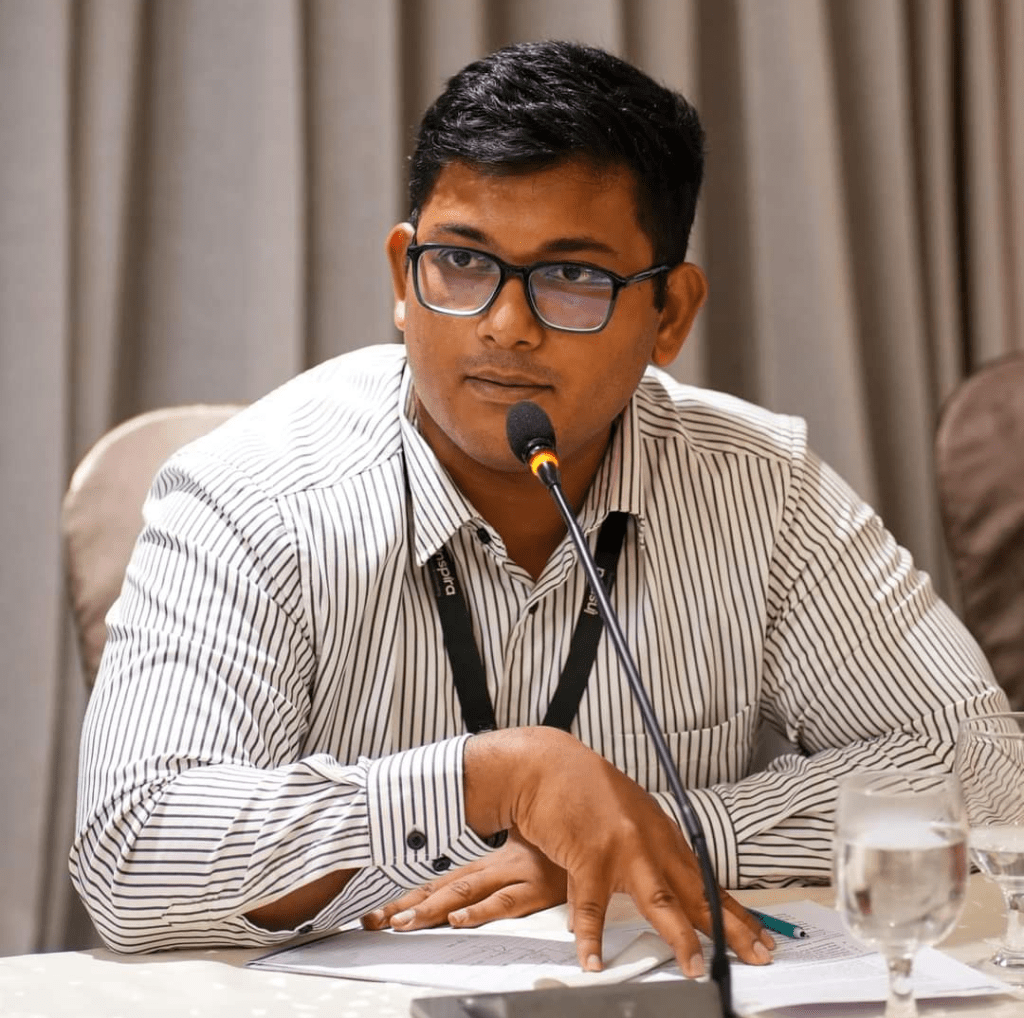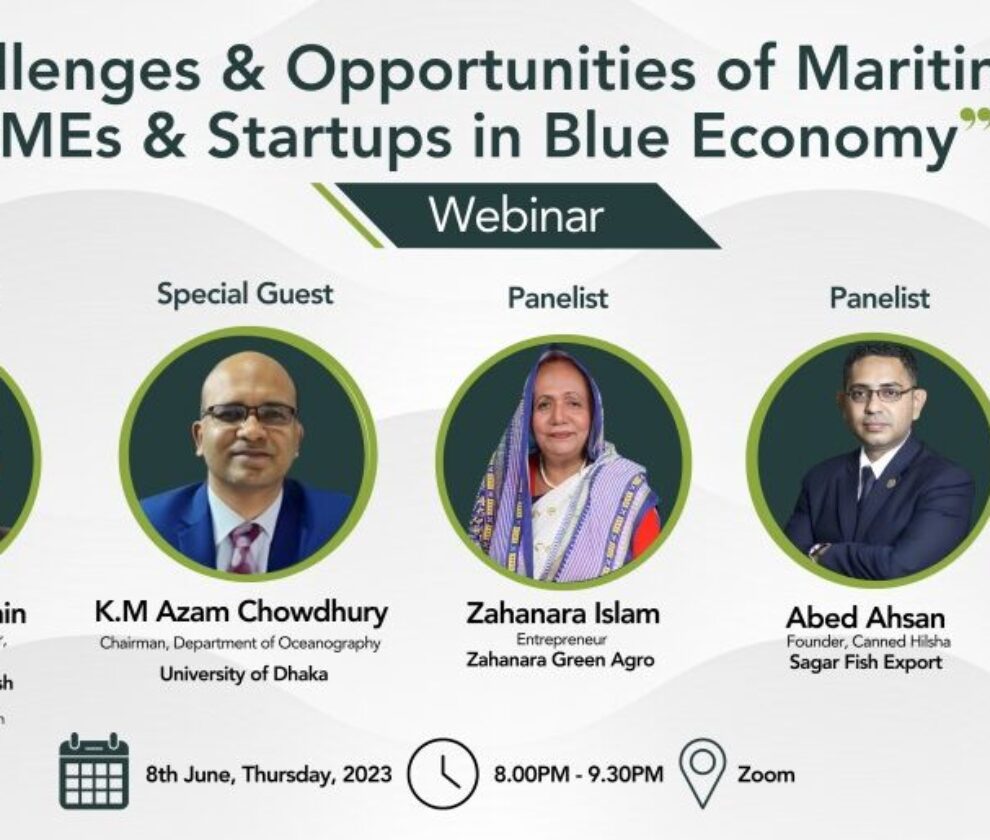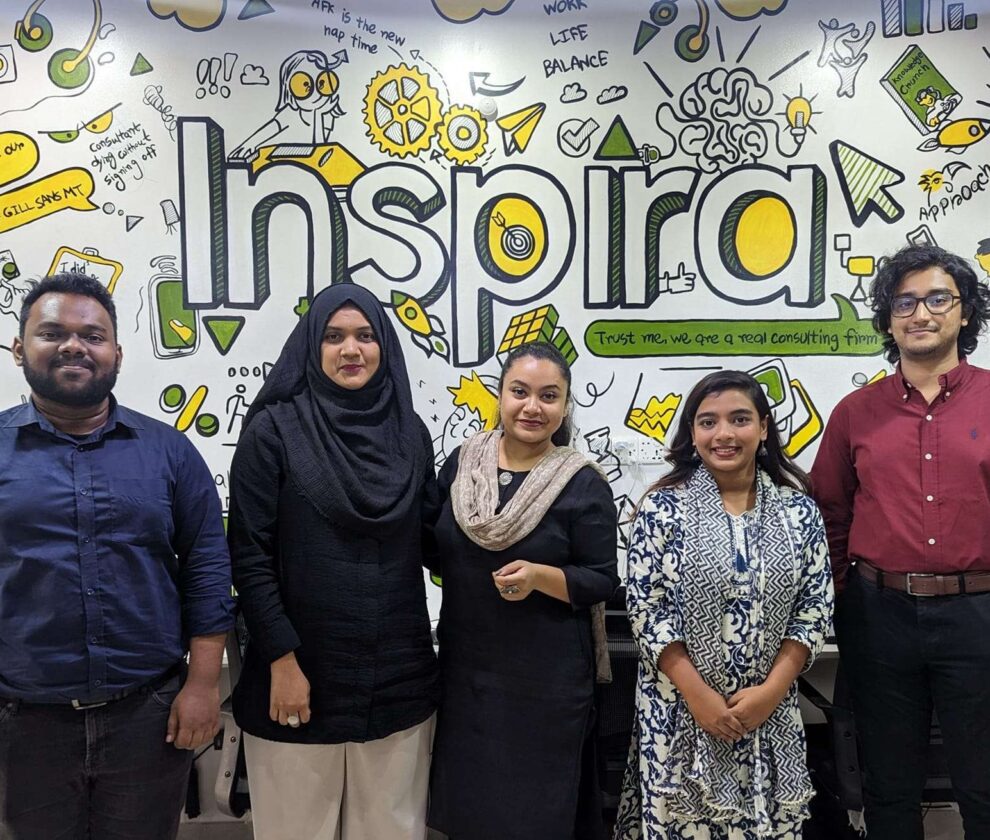The ULAB Center for Enterprise and Society (CES) and the Dhaka Tribune co-hosted a national dialogue. With the title “Reforming University Education in Bangladesh” on Sunday 1st September 2024 according to a press release. With the backdrop of recent political changes and an interim government led by civil society leaders, the discussion highlighted the need for urgent reforms in university education. Key areas of focus included modernizing curricula, promoting skill-based learning to boost employment opportunities, and making education more inclusive.
The event gathered a diverse range of distinguished speakers alongside our Managing Director. Which included representatives from academia, the corporate sector, startups, NGOs, development professionals, and human rights activists who were invited to share their viewpoints on the matter.
Sajid Amit, Director of CES at ULAB, opened the event and moderated the discussion. Notable speakers from the University of Liberal Arts Bangladesh (ULAB); ActionAid Bangladesh; International Labour Organization (ILO); VML Bangladesh; Innovision Consulting; BetterStories; Shikho; Bonhishikha; Inspira Advisory and Consulting Ltd.; Dhaka Bank Securities Ltd.; The Marvel Be You; Moar Space Limited; HSBC; and RTS Enterprise joined the discussion.
Discussion outcomes:
The dialogue offered valuable insights, particularly on integrating personal finance and wealth management into business programs, alongside local case studies on business ethics. There was consensus on making university curricula more industry-relevant, skill-focused, and entrepreneurship-friendly. Participants stressed the importance of allowing universities greater flexibility in designing curricula. This can facilitate moving away from a standardized approach, and involve more private-sector professionals in teaching.

The discussion highlighted the crucial collaboration between Small & Medium Enterprises (SMEs) and Universities through innovation & research labs. In a statement by our Managing Director, Muntasir Tahmeed Chowdhury, “Universities located near the SME clusters in Bangladesh can contribute to solving the technology/ innovation/ production efficiency-related problems of the SMEs through their respective research labs.”
The discussion also called for a curriculum redesign to promote gender equality, minority representation, climate resilience, and climate justice. While the entire education system needs a comprehensive overhaul to better equip students for the modern economy, the university sector was identified as the final stage for addressing these critical issues.




